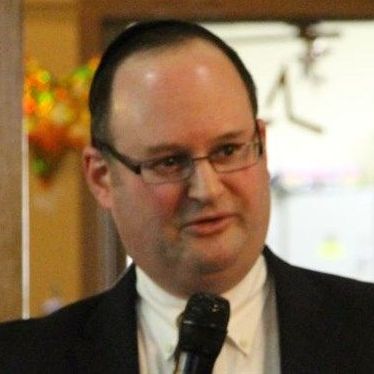As published on American Thinker.
Last week, the American College of Physicians (ACP) issued recommendations to address the tragic uptick in drug abuse. Included in the recommendations:
ACP supports the implementation of treatment-focused programs as an alternative to incarceration or other criminal penalties for persons with substance use disorders found guilty of the sale or possession of illicit substances.
Stakeholders should assess the risks and benefits of removing or reducing criminal penalties for nonviolent offenses involving illicit drugs.
Lest one think that the above recommendations refer only to those individuals who are wholly involuntary addicts, having absolutely no control over their drug use and whose culpability may be compared to that of one lacking basic mental capacity, the ACP memo continues:
Enjoy what you're reading? Subscribe for more!
In 2004, the Bureau of Justice Statistics estimated that about 70% of state and federal prisoners reported regular use of an illicit drug and half of the prison population met clinical criteria for substance use disorder.
While I (and I hope all others) am all in favor of not penalizing someone for acts that are not at all his or her fault, due to total mental incapacity, such that the acts were fully involuntary, ACP is clearly not limiting itself to this category in its proposal that criminal penalties for drug offenses be reduced or eliminated. Rather, ACP is promoting the reduction or elimination of criminal penalties for those with drug issues that are not fully out of these offenders’ control.
People with drug problems should definitely receive comprehensive treatment – no argument there. But to eliminate penalties for drug crimes that are not entirely involuntary is to absolve violators of responsibility, and that is very wrong.
Taking a step back, more than half of the world’s hard-core criminals would appear to have legitimate excuses for their actions: acute anger control problems, unusually elevated hormone levels, impoverishment (that compelled them to burglarize), exceptionally misguided childhood education (which taught hatred of certain groups and perhaps preached violence), and so forth. If these factors — which may very well be present in most criminals — would be allowed to seriously mitigate offenses, then very few offenders would be incarcerated, society would be largely endangered, and people would be absolved of responsibility for their actions.
The Sages of the Talmud and classical rabbinic commentaries view Passover not only as a celebration of the physical freedom attained by the Hebrews enslaved in Egypt over three and a half millennia ago, but also as a celebration of the freedom to abide by the divine moral law and the freedom to rein in one’s personal inclination to sin. God instructed Moses to say to Pharaoh, “Send forth My nation and it will serve Me” (Exodus 7:16); the deeper significance of the Exodus and the eternal message of Passover is that of freedom from bondage to man, so that man can instead be bound to God and can fulfill His Will.
One well-known interpretation in Jewish tradition of Pharaoh’s orders to increase the labor burden on the Hebrew slaves so that “they not turn to words of falsehood” (by demanding their freedom — Exodus 5:9) proffers that Pharaoh did not want to allow his slaves the opportunity to think for themselves. Being overwhelmed and unable to focus on one’s real purpose and aspirations is the antithesis of the message of Passover and the Redemption from Egypt. Passover teaches that authentic freedom is embodied by self-realization of one’s holy mission in life, as part of the overall divine plan. This self-realization means taking ownership of one’s actions and engaging in introspection and self-correction, be it with or without the assistance of others.
As I walk the streets of New York City and I witness a precipitous decline in the quality of life, mirroring the city’s liberal-progressive mayor’s legislative efforts to reverse decades of improved quality of life under his predecessors, Mayor Giuliani and Mayor Bloomberg, I am reminded of Passover’s lesson of taking responsibility and not abdicating it. Policies which tolerate deleterious behavior and excuse wrongdoing encourage the decline of society — it’s that simple.
In the Jewish calendar, the holidays of Passover and Shavuos/Pentecost are connected. Passover represents liberation from bondage to forces that impede one’s relationship with God, and Shavuos/Pentecost represents the occasion of receiving the Divine Law at Sinai. The period between these two holidays is dedicated to spiritual striving and self-improvement, for one must take responsibility and rein in his or her inclination to sin as preparation to receiving the Divine Law.
God is patient and allows time for people to recalibrate and rehabilitate, but if society instead excuses criminality and encourages an abdication of self-responsibility, we are in real trouble. God help us.


